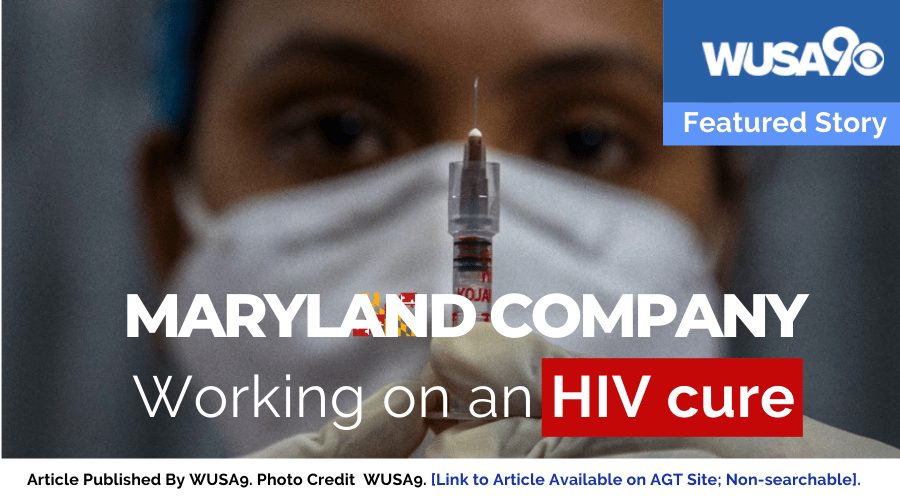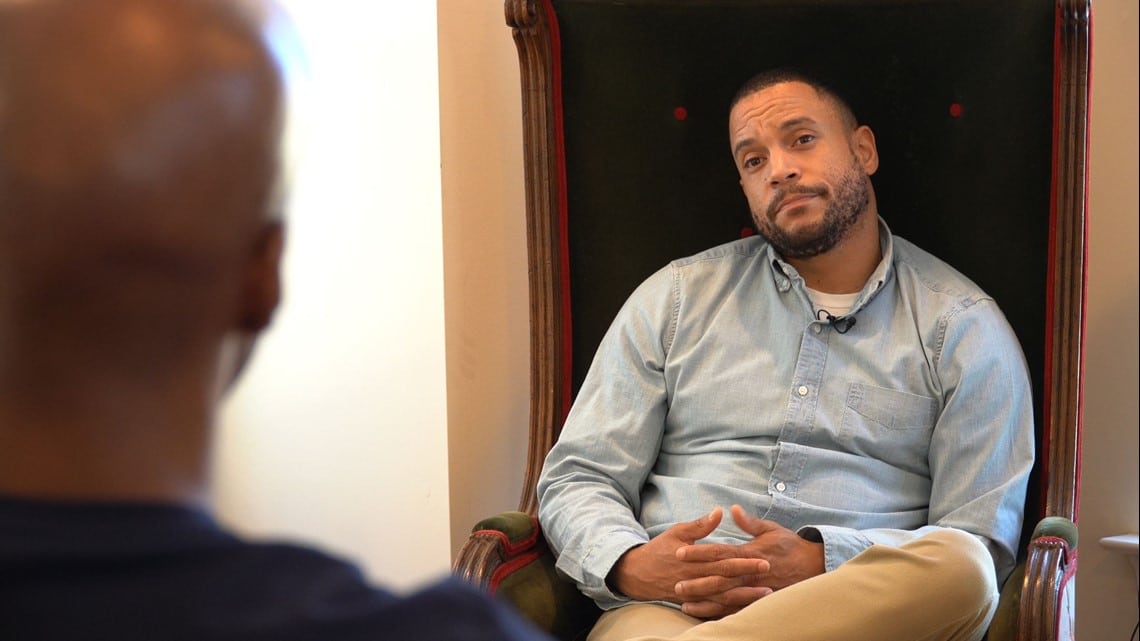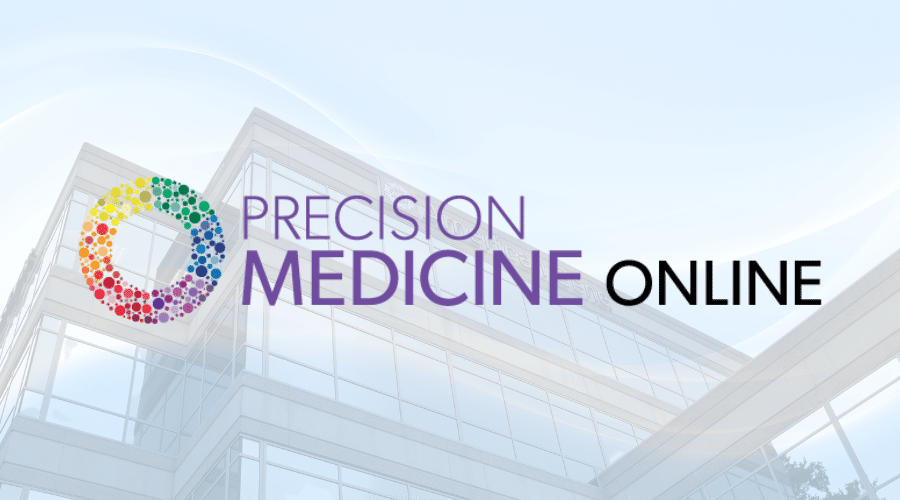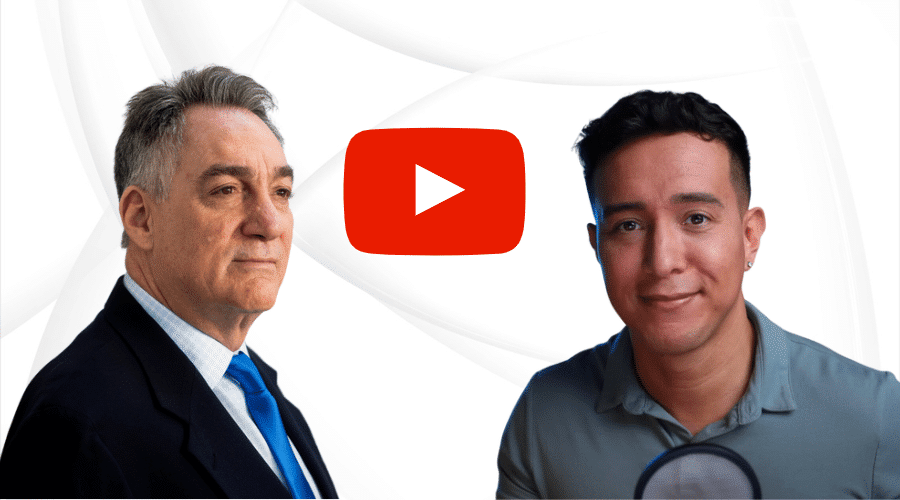WUSA9: This local company is creating the cure for HIV. Here’s when it could be available to all.

[This webpage is not searchable via search engines out of respect for the original publisher who owns the content. This copy is only rendered here for AGT readers].
Published on: WUSA9 | BY Lorenzo Hall
Published: 5:18 PM EDT July 5, 2021
American Gene Technologies is celebrating a milestone in its HIV Cure Program, which is currently in Phase 1 human trial. The first participant, an unidentified man.
ROCKVILLE, Md. — At a biotechnology company in Rockville, Md., a team of molecular biologists is working to develop cures for cancer, HIV, and a range of other diseases.
American Gene Technologies (AGT) is celebrating a milestone in its HIV Cure Program, which is currently in Phase 1 human trial. The first participant, an unidentified man, was treated in late May.
Now, the Food and Drug Administration (FDA) is reviewing the safety of AGT’s new cell therapy product, AGT103-T, which is intended to cure HIV.
“We’re putting viruses in their bodies that are going to specific cells and that are making very, very specific changes in a targeted way,” said American Gene Technologies CEO, Jeff Galvin.

“The first patient was stellar,” Galvin said. “Initial safety data is cause to celebrate because what it says is that the process by which we are doing a cell modification for these patients seems to be showing safety.”
Galvin is expecting a decision this month, from the Data Safety and Monitoring Board to find out if his team can move forward with treating additional patients.
“Most drugs fall out of the development process because of adverse events, so in other words, the drug itself might work on the disease, but the problem may be, people can’t tolerate the treatment itself.”
With the FDA’s approval, Galvin said his team took blood from a man with HIV, to extract his infected T-cells.
HIV is known for hijacking the body’s T-cells, which are cells that fight off some viral infections, thus, weakening the immune system.
Galvin’s team modified those extracted T-cells from the first participant, to make them resistant to HIV. The reprogrammed cells were infused back into the patient, which, if all goes as planned, would keep the virus from spreading.
“We have learned so much about viruses, specifically about HIV, that we can now crack them open, scoop out their disease software,” Galvin said. “We are so excited at the company and we are trying to contain our excitement because the HIV community has been waiting for a cure for so long.”
If AGT gets the green light to move forward with other patients this month, Galvin said, by year’s end, they’ll take blood samples from those participants to see if the modified T-cells are healthy and working as intended. Galvin called it an “efficacy signal that will be convincing to the scientific community that the cure for HIV has been achieved or is tremendously close.”
“This year, we may prove that a functional cure is possible and see the end of HIV in our lifetime,” Galvin said.
From that point, and with additional approval from the FDA, researchers would ask some of the participants to stop taking their antiretroviral medication to see what happens to the virus in their bloodstream. After 21 days, Galvin said, they’d have clear indicators revealing the effectiveness of this treatment.
There have been promises of a cure since the first cases of what would later be known as HIV/AIDS.
The Centers for Disease Control and Prevention (CDC) published a report on June 5, 1981, describing a Pneumonia-like disease discovered in five previously healthy gay men in Los Angeles.
Since that study, millions of people have died from HIV/AIDS globally.
What was once a virtual death sentence, is now a manageable disease for some, because of the development of antiretroviral treatments.
In the immediate Washington metropolitan area, 26,824 people are living with HIV, including 39-year-old, Dr. Ravi Perry.

“I’ve lived far longer than I ever thought I would on the day I was diagnosed,” Dr. Perry said. "I genuinely treat every day as a blessing. My immune system still is somewhat compromised. When I get a cold, my colds used to last for a day or two, now it may last four to six days. Your body has a slower response."
Dr. Perry was a junior in college when he was diagnosed on September 4, 2003. While antiretroviral medicines were available at the time, he said, some were too toxic. Dr. Perry was in the hospital consistently because his immune system was weakening and his mental state, waning.
"I certainly remember thinking that I would never be in a relationship, never thought that I would get married, never thought I would have sex again and thought that my life was on its way to its expiration date,” Dr. Perry recalled.
For the last 15 years, Dr. Perry said, he’s been undetectable.
“I’ve been able to live a mostly normal life, even with HIV. It’s not something I expected to get, but I was 21 when I was diagnosed. I’ve grown accustomed to telling that story because I think it’s important for younger people,” Perry said.
As Chair of the Political Science Department at Howard University, Dr. Perry reminds students on campus about the seriousness of this virus. He also tells his story at local churches and community events.
“My hope is that people realize the seriousness of HIV, but that people are living with HIV and not dying as much from AIDS anymore. The stigma associated with it, I think, certainly has no place in society,” Dr. Perry added.
While Dr. Perry doesn’t expect a cure to be developed in his lifetime, he said there are steps to take to eliminate HIV. First, with equal emphasis on prevention and intervention.
“We seem to be focused on prevention because of course, most of the world is negative,” Dr. Perry said. “We all can be doing more to help ensure this disease doesn’t ravage another generation. We can be donating our time to HIV/AIDS organizations. We can be lobbying the Red Cross to lift their ban on gay men not being allowed to give blood. We can be lobbying our congress members to eliminate these HIV criminalization laws that are abhorrent and from another era. We can of course in our own personal and private lives be ensuring we are having conversations with our nieces, our nephews, our cousins about HIV and sexual health."
View The Original Article
This page is a copy of the original content. To respect the original publisher, this page is not indexed by search engines. The original article can be viewed by clicking the button below.





